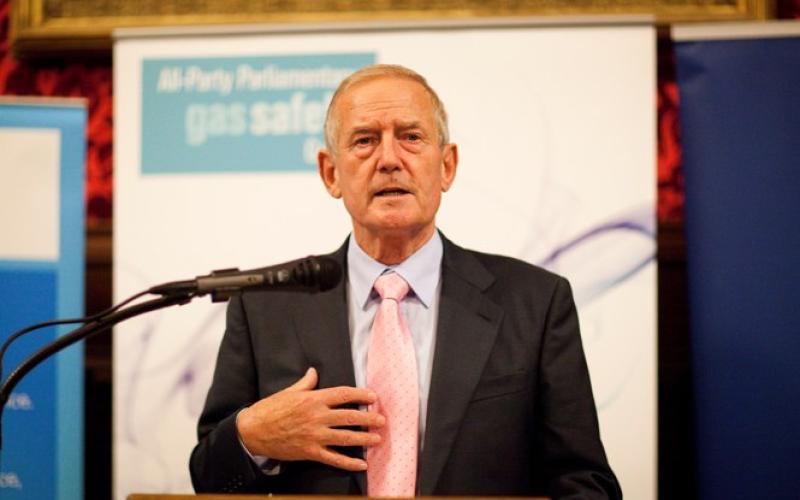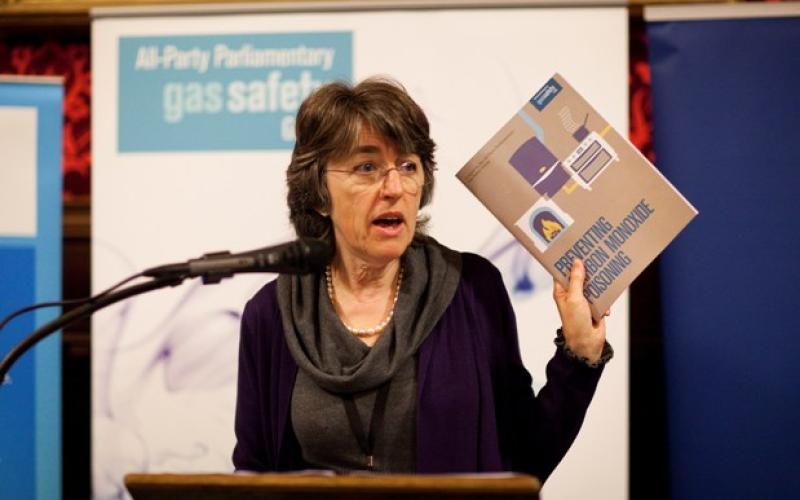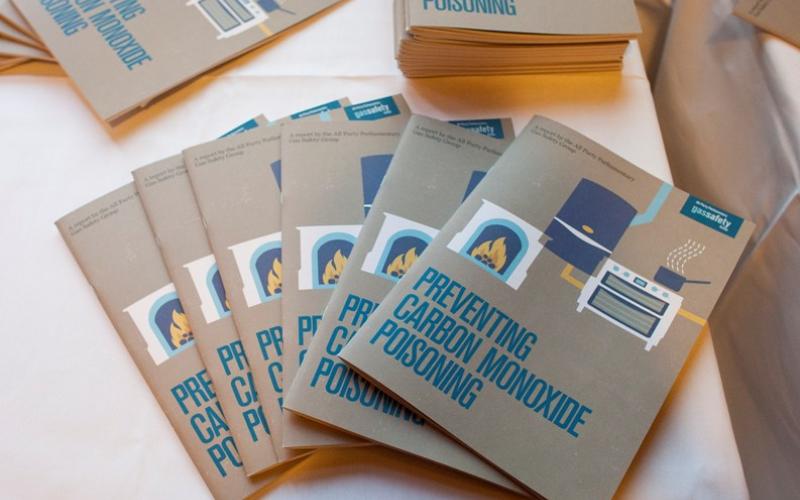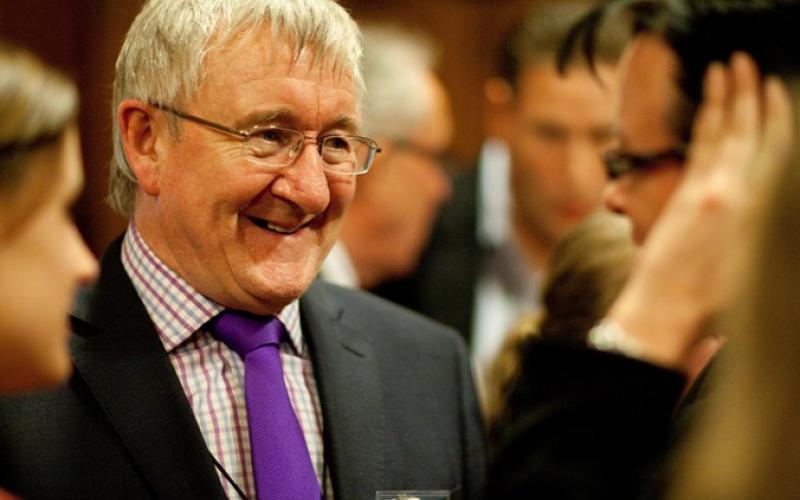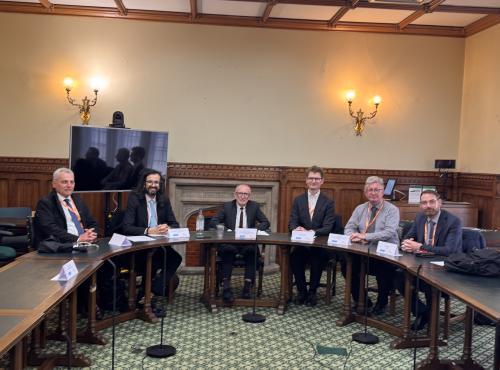Report: Preventing Carbon Monoxide Poisoning
Beginning in May 2011, the APPCOG (under its former name, the All Party Parliamentary Gas Safety Group) conducted a six-month parliamentary inquiry into carbon monoxide poisoning, which is available to download to the right of this page.
Background
Every year around 4,000 people are diagnosed by A&E departments as having been poisoned by carbon monoxide. But it is thought that the number of people who have been, and continue to be, affected by carbon monoxide poisoning is far greater because cases are being woefully under-reported. This is due to a lack of awareness and because of the difficulties in diagnosing carbon monoxide poisoning. Many people may be living with low-level poisoning, not knowing it is happening, and with their lives therefore at constant risk.
In order to avoid this unnecessary suffering and cost, there is an urgent need for measures to increase detection, raise awareness and improve regulation. All agencies with an interest in carbon monoxide have a critical role to play in carbon monoxide poisoning reduction. The key challenges in reducing carbon monoxide poisoning are that carbon monoxide cannot be seen, smelled or tasted; it is difficult to diagnose as it mimics the symptoms of other common illnesses such as flu and headaches; little is known about the long-term effects of exposure at acute or chronic low-levels; and responsibility for detection and prevention lies with a wide range of government departments, agencies and other organisations.
Report findings
The report, entitled 'Preventing Carbon Monoxide Poisoning', proposes the better use of the detection and diagnosis equipment, and suggests ways in which policymakers and industry can take action to prevent carbon monoxide poisoning. Opportunities for raising awareness are highlighted, alongside the importance of using equipment to identify carbon monoxide. The report also considers the current regulatory regime of the fossil fuel industry to ensure that it reflects the latest technological developments. Taken together these measures would, if implemented, help the UK reduce incidence of carbon monoxide poisoning.
These recommendations represent a real opportunity to tackle carbon monoxide poisoning through improved detection, increased awareness and better regulation to establish parity of safety standards across the fossil fuel energy industry.
The report was kindly sponsored by the Energy Networks Association, Energy UK and the Gas Industry Safety Group.
